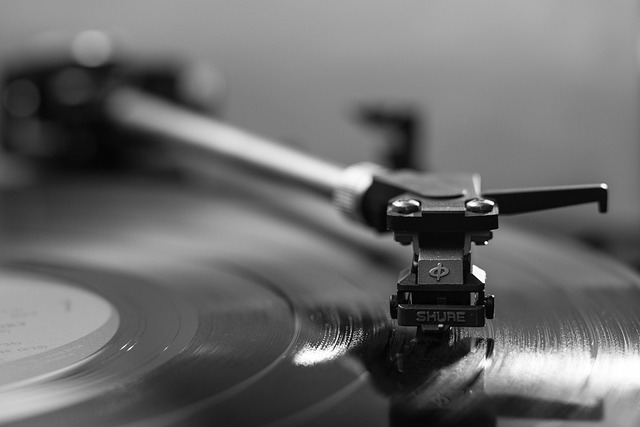AI integration in music production has revolutionized the creative process, offering ai musicians advanced tools like melodic generation, genre experimentation, and real-time collaboration. Software such as Amper Music, AIVA, Jukebox, and Melodrive provide user-friendly interfaces for rapid composition and unique sound creation, expanding artistic horizons. While AI presents opportunities and challenges, including copyright concerns, its balanced integration ensures human creativity remains central, paving the way for innovative music styles and collaborative partnerships between ai musicians and technology.
“Welcome to the future of music creation! This blog is your ultimate guide to harnessing the power of AI music tools, designed to revolutionize the way ai musicians compose, collaborate, and produce. From understanding the fundamentals of AI in music to exploring cutting-edge software, we delve into how artificial intelligence is reshaping the industry. Get ready to unlock endless creative possibilities and discover the impact and future trends of AI music.”
- Understanding AI Music Tools: A New Era for Musicians
- How AI Enhances Musical Creativity and Collaboration
- Exploring Popular AI-Powered Music Production Software
- The Impact of AI on the Music Industry: Opportunities and Challenges
- Future Trends: Where AI and Music Collide
Understanding AI Music Tools: A New Era for Musicians
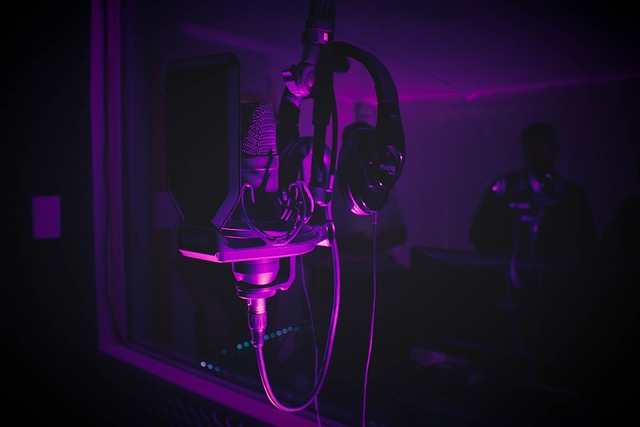
The integration of Artificial Intelligence (AI) into music production has ushered in a new era for ai musicians, revolutionizing their creative process and expanding the boundaries of musical expression. AI music tools are no longer just experimental concepts; they have become powerful allies for composers, producers, and performers alike. These tools offer an array of capabilities, from generating melodic sequences and harmonies to composing entire tracks, all tailored to the user’s preferences and style.
For ai musicians, having access to such technologies means they can now explore new sonic landscapes with ease. AI algorithms can analyze vast musical datasets, learn patterns, and mimic various styles, enabling artists to experiment and create without traditional limitations. This not only fosters creativity but also paves the way for unique collaborations between human musicians and AI systems, pushing the envelope of what’s possible in modern music production.
How AI Enhances Musical Creativity and Collaboration
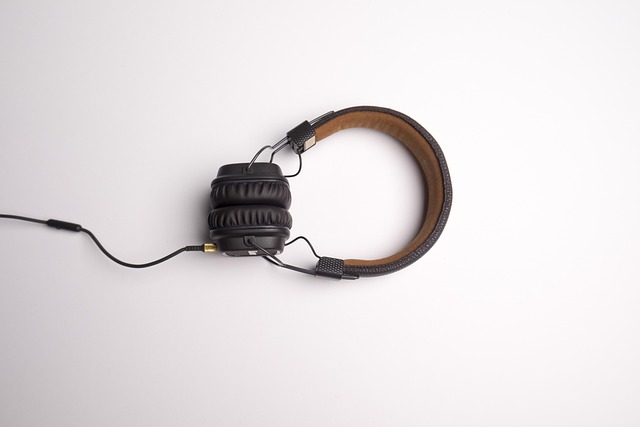
AI is transforming the creative landscape for musicians, offering unprecedented opportunities to enhance musical creativity and collaboration. By leveraging machine learning algorithms, AI music tools can generate unique melodies, harmonies, and rhythms, providing a rich source of inspiration for composers and producers. These tools often learn from vast datasets of existing music, allowing them to create styles that range from evocative and emotional to experimental and avant-garde.
Moreover, AI facilitates collaboration by enabling musicians to explore diverse sonic landscapes with ease. They can experiment with different genres, instruments, and arrangements in real time, fostering a more inclusive and intuitive creative process. Whether it’s generating initial ideas, refining compositions, or adding atmospheric textures, AI acts as a powerful collaborator, pushing artistic boundaries and unlocking new avenues of musical expression for ai musicians.
Exploring Popular AI-Powered Music Production Software
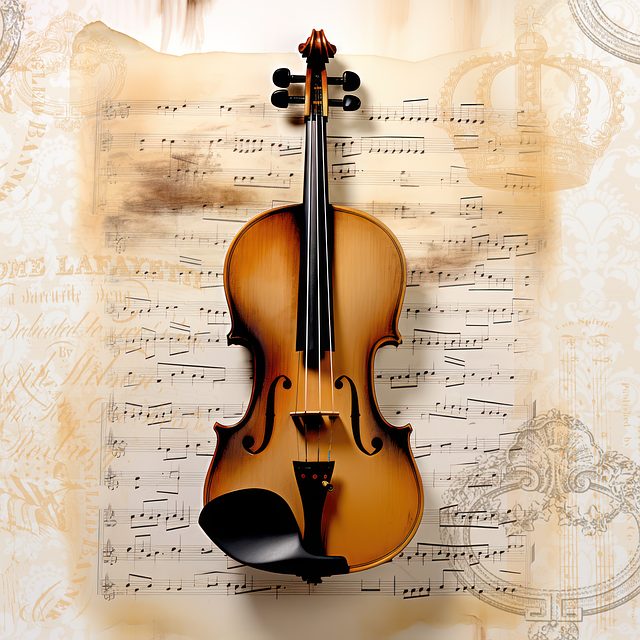
AI-powered music production software has revolutionized the way ai musicians create and collaborate on their art. These tools offer a range of capabilities, from generating melodic sequences and harmonizing vocals to mixing and mastering tracks with precision. One popular option is Amper Music, known for its intuitive interface that allows users to craft professional-sounding compositions in minutes. Another standout is AIVA (Artificial Intelligence Virtual Artist), which has composed music for films, ads, and games, offering a vast library of unique and licensed tracks.
For those looking to enhance their sound design and experimental capabilities, tools like Jukebox by AI Music Lab and Melodrive stand out. Jukebox excels at generating custom soundtracks based on user-defined styles, while Melodrive is celebrated for its atmospheric and ambient sounds ideal for video games and media projects. These AI music production software solutions not only save time but also open doors to creative possibilities, empowering ai musicians to push the boundaries of their craft.
The Impact of AI on the Music Industry: Opportunities and Challenges
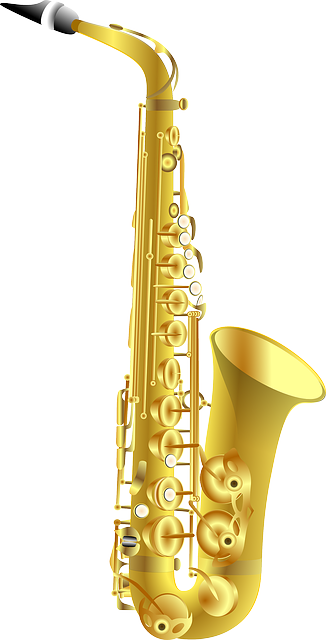
The integration of AI into the music industry has opened up a world of opportunities for both ai musicians and traditional artists alike. These advanced tools empower musicians with unprecedented creative freedom, offering innovative ways to compose, produce, and experiment with sound. AI can analyze vast musical datasets, generating unique melodies, harmonies, and even entire arrangements, thus inspiring and assisting musicians in their creative process. This technology also streamlines production, automating tasks like mixing and mastering, saving time and resources for artists and studios alike.
However, the rise of AI in music also presents challenges. Concerns about copyright and ownership rights are at the forefront, as AI models learn from existing music, raising questions about how to attribute and protect intellectual property. Additionally, some argue that excessive reliance on AI may de-humanize music creation, leading to a loss of artistic authenticity. Balancing these opportunities and challenges is essential to ensure that AI enhances rather than replaces the human element in music, fostering a harmonious collaboration between technology and musicianship.
Future Trends: Where AI and Music Collide
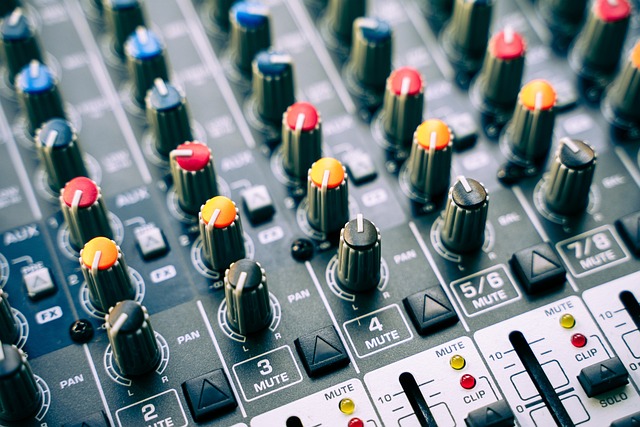
The future of music is colliding with artificial intelligence, opening up a world of possibilities for both AI musicians and creators. As AI continues to evolve, its applications in music production are becoming increasingly sophisticated. We’re already witnessing AI-generated tracks that can rival human compositions, thanks to cutting-edge algorithms and machine learning techniques.
In the coming years, we can expect to see more collaboration between musicians and AI, where artists use AI tools as creative partners rather than just assistants. This fusion of human creativity and machine intelligence will likely lead to novel musical styles, innovative genres, and experimental sounds that were previously unimaginable. AI musicians are poised to revolutionize the industry, offering new avenues for expression and exploration in music production.
AI music tools are revolutionizing the way ai musicians create and collaborate, opening up a new era of artistic expression. From enhancing creativity to streamlining production, these tools are transforming the music industry. As we look ahead, the future holds immense potential for AI and music, with continuous advancements promising even more exciting possibilities for both artists and listeners. Embracing this technological shift, ai musicians can unlock new levels of innovation and push musical boundaries in ways never before imagined.
